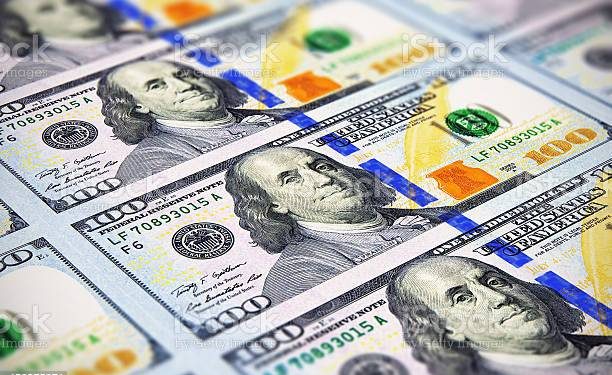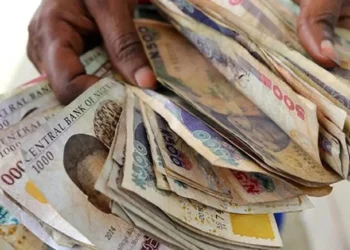The Nigerian naira appreciated against the US dollar in the parallel market, trading at N1,635 per dollar on Tuesday, a N15 gain from the previous day’s exchange rate of N1,650 per dollar. This recent appreciation signals a potential trend toward stability in the foreign exchange (FX) market, driven by improved liquidity and government interventions.
Signs of Stability in the FX Market
The Central Bank of Nigeria (CBN) reported that the official exchange rate closed at N1,533.50/$1 on Monday, indicating a level of relative stability in the currency market. This development follows the recent launch of the Nigeria Foreign Exchange (FX) Code, an initiative aimed at fostering transparency and professionalism in forex trading.
A review of market trends from January 28 to January 29, 2025, highlights fluctuations in major foreign currencies:
- US Dollar (USD): The exchange rate dropped from N1,650 to N1,635, reflecting a 0.92% decline.
- British Pound (GBP): The pound rose slightly from N2,025 to N2,030, marking a 0.25% increase.
- Euro (EUR): The currency appreciated significantly from N1,695 to N1,670, a 1.50% rise.
These fluctuations reflect ongoing market adjustments influenced by supply and demand dynamics and forex liquidity levels.
CBN’s Intervention and Market Reactions
Analysts attribute the naira’s recent appreciation to several key factors:
- Increased Forex Inflows – Higher remittances from Nigerians abroad and enhanced liquidity in the banking system have contributed to easing pressure on the naira.
- CBN’s Forex Sales to Bureau De Change (BDC) Operators – Recent interventions, including forex supply to BDCs, have helped stabilize the market and curb speculation.
- Market Reforms and Regulation – The FX Code and the Electronic Foreign Exchange Matching System (EFEMS) introduced in December 2024 have improved forex market efficiency.
Outlook for the Naira
Despite the recent gains, market volatility remains a concern, with traders closely monitoring policy directions from the CBN. Several factors, including:
- Oil revenue inflows,
- External reserves, and
- Inflation trends
will play a crucial role in shaping the naira’s performance in the coming weeks.
Meanwhile, BDC operators express optimism about the currency’s outlook for 2025, citing the government’s ongoing forex market reforms as a potential driver for further stability.
The CBN’s recapitalization policy, implemented in May 2024, required Tier-1 BDCs to increase their minimum capital to ₦2 billion and Tier-2 operators to meet a ₦500 million threshold. This move aims to strengthen the financial sector, curb illegal forex trading, and align Nigeria’s forex market with international best practices.
As Nigeria continues to implement reforms, businesses and investors are advised to stay informed about developments in the FX market to make strategic financial decisions.









